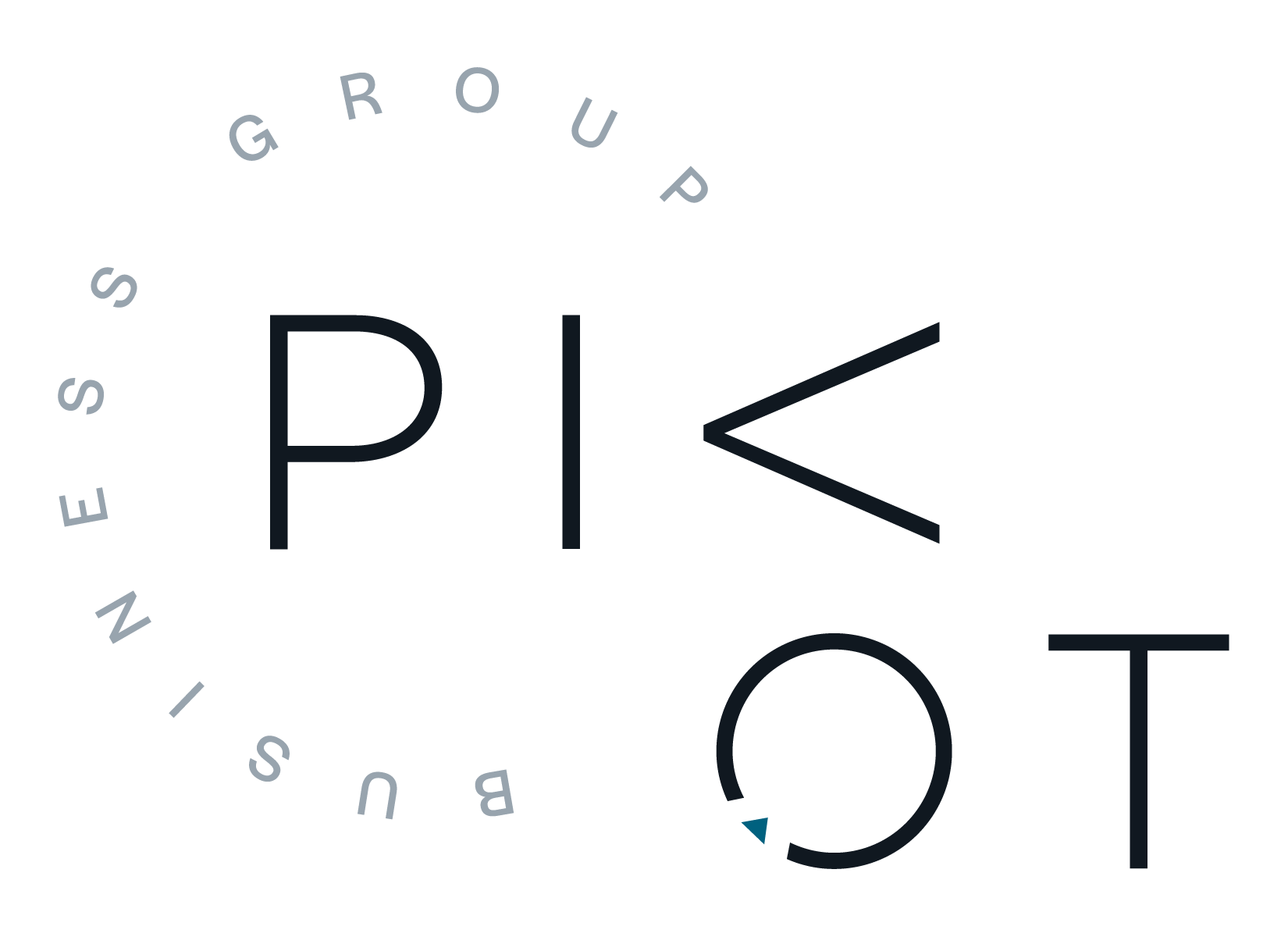How To Think Like a CFO
As we have grown and expanded our CFO services in the past couple of months, we wanted to reshare this podcast done by Pivot Group Founder, Entrepreneur, and Fractional CFO, Pam Jordan, featured on Business Lunch with Roland Frasier. This episode is titled, How To Have a CFO or Think Like a CFO - When You Can’t Afford A CFO, with Pam Jordan. Roland emphasized this episode is vital to your business, no matter what stage you’re in.
“As the business owner, you need to care about the numbers, because it’s your money and it’s your company. And if something goes wrong or something goes right, you need to know, because it’s your signature on the line” - Pam Jordan
What is a CFO? And What Do They Do?
The most roundabout way to describe what Pam (and her team at Pivot Business Group) does is that she makes companies more profitable as a fractional CFO. A CFO is a Chief Financial Officer and the job function is to cover the owner’s back, and protect the company in regards to finance and accounting. As a CFO, we make sure all of the numbers are correct, that all entities have their reports, and make sure the company is profitable. This could also include risk management which involves asset protection, damage control (from employees), fraud, and even owner risk management and making sure their financial behaviors line up with the goals of the company.
What is a Fractional CFO?
Fractional means part time. Businesses may need a CFO, but they might not need one all of the time. Pivot Business Group fills that gap, both in an advisory setting, or as an integrated company team member. A fractional CFO can do cash flow management, review your sales and teams, analyze profit centers, set up budgets, and make sure your systems are optimized. We get you everything you need without being there all the time.
What is the difference between a business with a bookkeeper, a business with a CPA, a business with a fractional CFO, and a company with a full-time CFO?
When people start a company, the entrepreneur is everything from the CEO, to the janitor, to the bookkeeper. Typically they hire a bookkeeper pretty quickly, because they don't want to deal with the numbers. However as the company grows and turns into this machine, the bookkeeper you hired with the skills to manage 100-200 thousand dollars no longer has the skill set required to manage millions of dollars. This is when companies typically move to the in house controller (CPA). The bookkeeper just tracks numbers, whereas the controller does a little bit more higher level reporting as well as a little bit more strategy and looking at the big picture (but not by much). The next step would be moving to a fractional CFO, which is what Pivot Business Group does. Typically when you hit around 7 figures in revenue, this is when you will need a bit more strategy. A fractional CFO can come in, assess what the company is doing well, say something like, “okay we need to cut these three areas, and at the end of the day will get you 5% more at the bottom line.” The CFO listens to the owner’s goals and will create a plan to help them get there. Typically once a company hits $20 million gross revenue, we recommend a full-time CFO.
To support our Fractional CFO team, we also provide bookkeeping support and renovation services that help make sure your financials are correct.
Should a CFO be a CPA also?
A CFO does not necessarily need to be a CPA as well. There is a big difference between tax accounting and business accounting and most CFO’s focus on the business accounting, not the tax accounting. So having someone knowledgeable in tax accounting such as a CPA can be beneficial but in no way means they can do the job of the CFO. The CFO is in charge of the day to day accounting as opposed to the CPA whose primary focus is taxes. Business accounting looks at the whole picture, not just tax implications.
What are the benefits to having a CFO on your team?
Having a team member who is available to give advice, and run questions/ideas by is very beneficial. Having access to this resource, their knowledge, and experiences all the time is tremendous.
A few categories you get when having a CFO come on to your team: business accounting, accounting software, debt planning, debt structure, and debt pay-down.
A lot of people want to get rid of their debt as quickly as they can. However, most people don't know that debt can be helpful in some business incidences like tax purposes and assets. Teaching business owners when to take on debt and how to strategically pay it off is essential.
Another key service we provide is strategic cash flow. A lot of business owners look to their bank account to see if they have money, without taking a look at the big picture and what’s going to affect that cash in the coming months. Having a CFO who has a plan and a spreadsheet that shows the owner how much they have in the bank, how much is going out this week, the next week, and the weeks after, all helps to keep the owners on track.
Want to learn more? Go listen to the full podcast to hear more details about how a Fractional CFO can help you get to the next level in your business, along with five uncommon Key Performance Indicators that you should watch and measure weekly in the interim!

